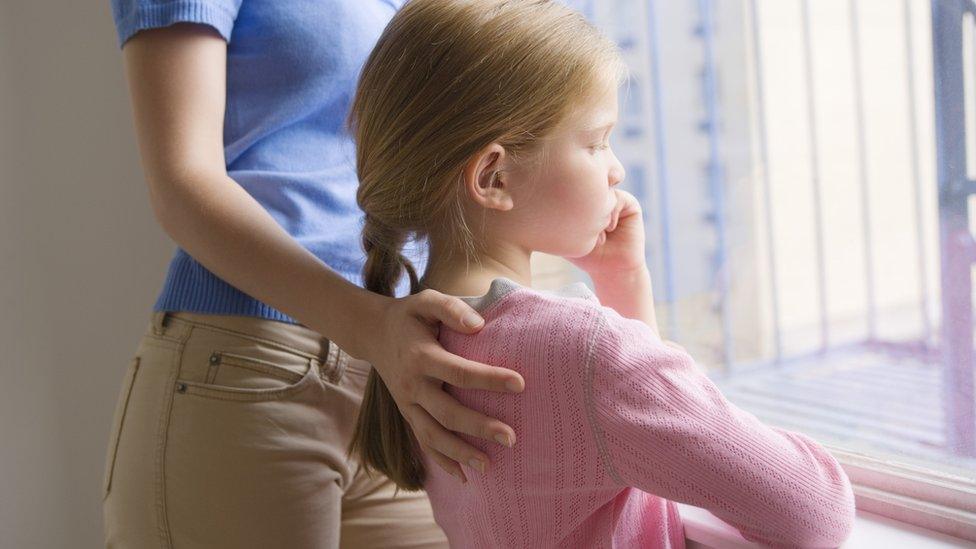Brexit and US election 'among anxious young's concerns'
- Published
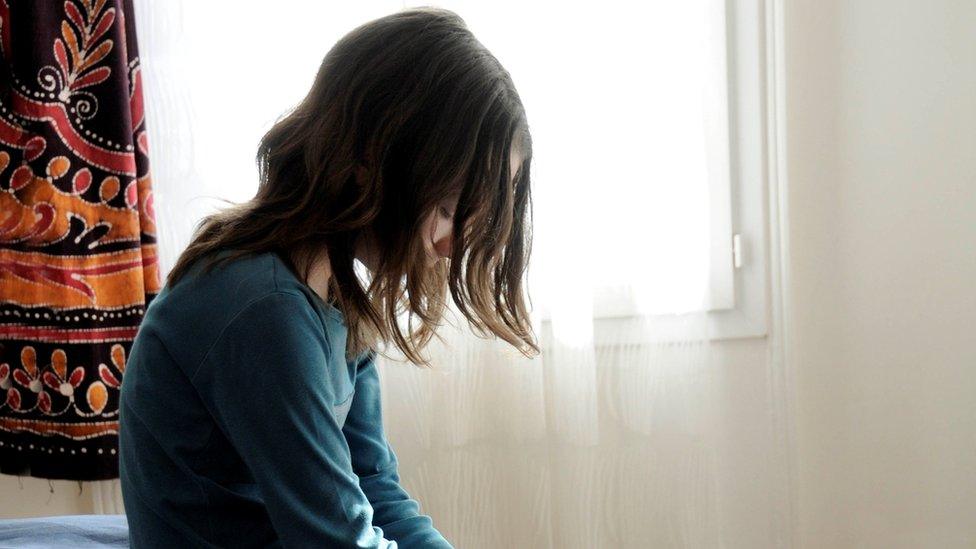
The number of young people in the UK seeking help for anxiety has increased sharply, a children's charity has said.
The NSPCC's Childline counselled 11,706 young people for anxiety in 2015-16 - a 35% rise from the 8,642 in 2014-15.
Children as young as eight have contacted the charity, with girls seven times more likely to make contact for help about anxiety than boys, it said.
Issues raised ranged from personal and family problems to concerns about Brexit, the US election and Syrian war.
The NSPCC said the problem appeared to be getting worse, with provisional figures showing that from April to September Childline dealt with almost 6,500 cases where anxiety was cited as the main issue.
It said some youngsters talk to counsellors about problems in their day-to-day life, while others speak about disturbing events they have seen in the media and on social media.
The charity believes girls are particularly struggling with "the demands of the modern world".
"Their exposure to online media and the way they are using social media [is] placing increasing pressure on them to attain a 'perfect' life, which is completely unrealistic and ultimately making them anxious about their place in the world," a spokesman added.

Calleigh's story
This is a story supplied to the BBC by Childline. The girl's name has been changed to protect her identity.
Calleigh started dealing with mental health issues at the age of 11, including anxiety and depression.
"When I was at my lowest, I just wouldn't want to get out of bed," said the 17-year-old from London. "I'd stay there and hope I wouldn't wake up."
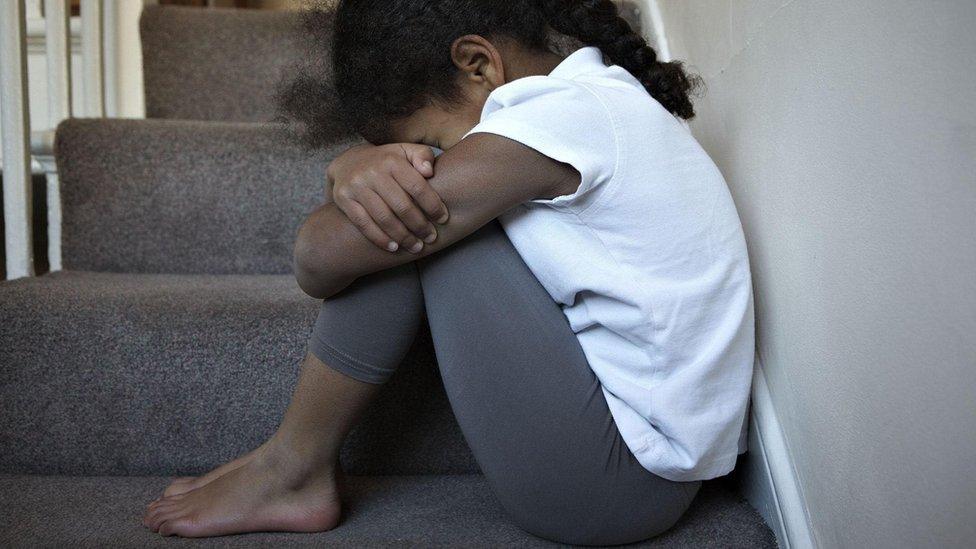
Opening up about mental health issues has helped young people deal with anxiety and depression
"There is a huge amount of pressure for teenagers growing up. I went to an all-girls' school and I think about 90% of my friends have all experienced depression and anxiety."
She didn't feel able to talk to her parents about the problems she was facing, but she turned to Childline online and was able to open up.
"I just typed away about how I was feeling and let it all out."
Three years of talking to the charity helped her build the courage to speak to her parents about what she was going through.
"I still have my ups and downs, but I'm doing much better taking one day at a time.
"People say that mental health has a stigma, but we have the power to break that stigma by talking to others about how we feel."
Childline is on 0800 1111 and at www.childline.org.uk.

'Panic attacks'
Dame Esther Rantzen, who launched Childline, which is marking its 30th anniversary, said children and young people are sometimes frightened and distressed by events in the wider world.
She said: "Seeing pictures of crying and bewildered toddlers being pulled from bomb-damaged homes upsets all of us.
"Often we fail to notice the impact these stories are having on young people.
"The good news is that so many children are able to express their anxiety to Childline, knowing that we will take them seriously, so that we are able to reassure them."
Peter Wanless, chief executive of the NSPCC, which formally joined forces with Childline in 2006, said: "The world can be a worrying place but we need to ensure our children are reassured rather than left overwhelmed and frightened.
"It's only natural for children and young people to feel worried sometimes, but when they are plagued by constant fears that are resulting in panic attacks and making them not want to leave the house then they need support."

Tips for helping children with anxiety
Listen carefully to a child's fears and worries
Offer reassurance and comfort and avoid complicated and worrying explanations that could leave them more frightened and confused
Help them find advice and support to understand distressing events and feelings
Source: NSPCC

- Published28 October 2016
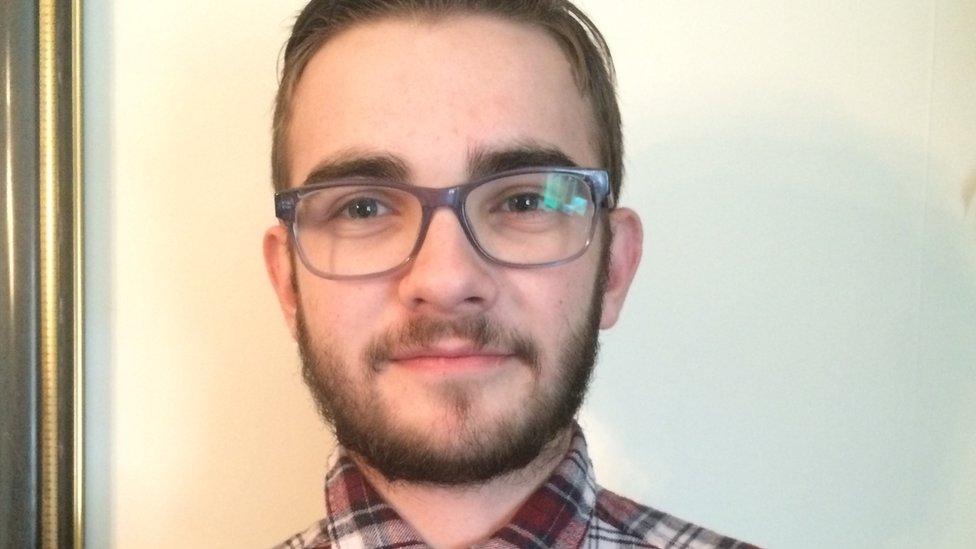
- Published18 October 2016
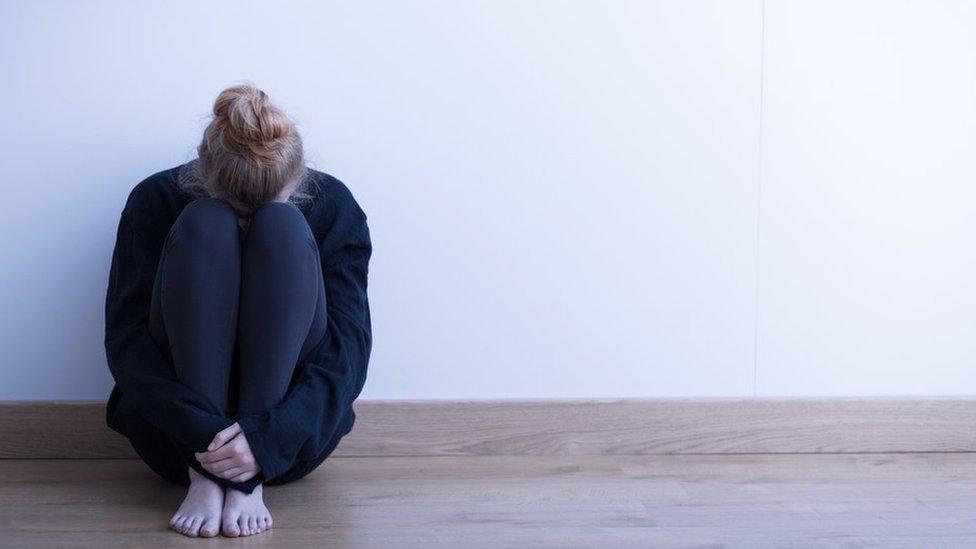
- Published9 November 2015
